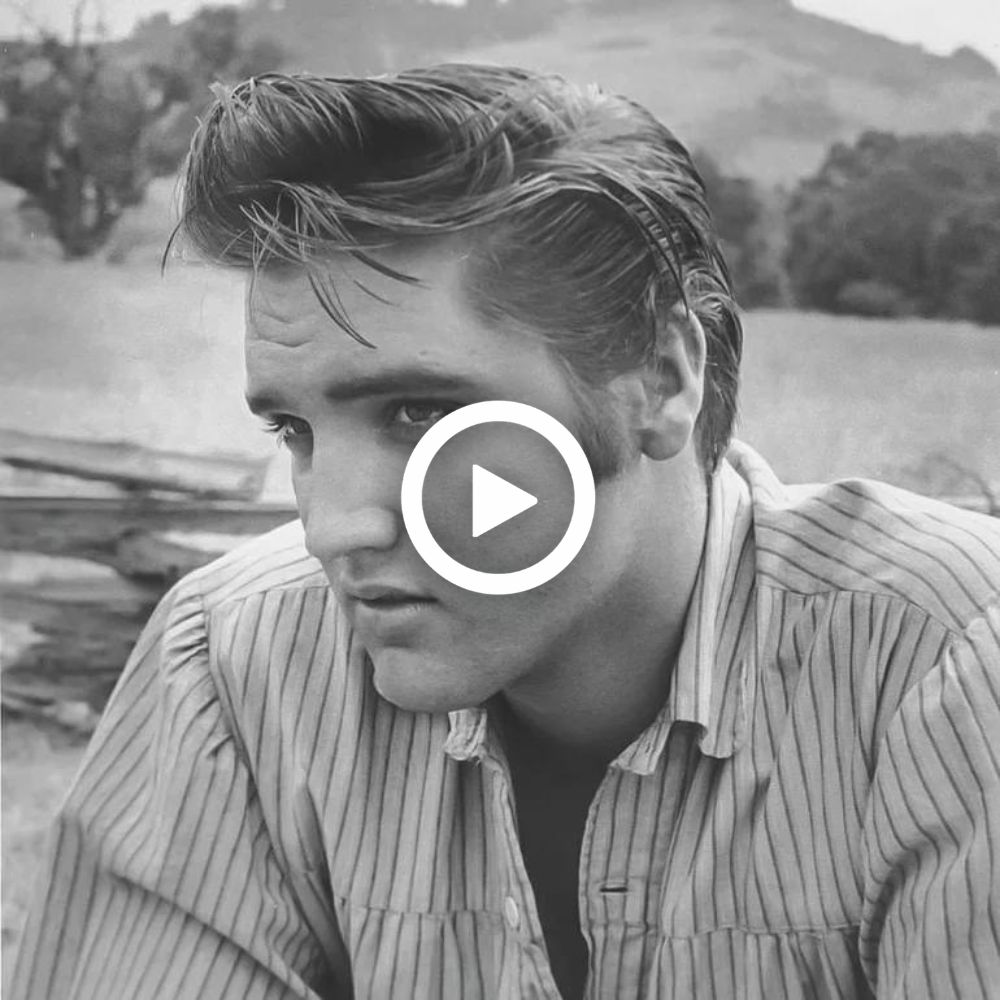ABOUT SONG
“Guitar Man” is a song recorded by Elvis Presley in 1967, penned by songwriter Jerry Reed, who also played the iconic guitar licks that are central to the song’s appeal. The recording captures the raw energy and spirit of Presley’s musical resurgence during the late 1960s, after a period dominated by movie soundtracks. The song was a moderate hit, peaking at number 43 on the Billboard Hot 100, but its significance in Presley’s discography lies more in its style and substance, reflecting a return to his musical roots in rockabilly, blues, and country.
Elvis’s rendition of “Guitar Man” showcases his ability to infuse a song with charisma and vitality, traits that made him the King of Rock and Roll. His interpretative vocal prowess breathes life into Reed’s lyrics, turning a simple song about a struggling musician into an anthem of artistic perseverance and passion. The track’s arrangement features a fusion of guitar-driven rock and blues elements, coupled with Elvis’s dynamic voice, all of which propelled the song to become a standout track in his later career phases.
The song was notably revitalized during the ’68 Comeback Special, where Elvis used it to open the show, symbolizing his return as a relevant musical force. This performance reinvigorated his career, reminding audiences of his talent and versatility as a performer. “Guitar Man” thus represents a critical pivot point in Elvis Presley’s career, marking a transition back to live performances and musical authenticity after years of Hollywood-driven productions.
MEANING BEHIND
The lyrics of “Guitar Man” narrate the journey of a musician traveling from town to town in search of fame, reflecting the universal struggle of artists striving to make a name for themselves. The song’s protagonist is a guitar player whose life on the road is filled with ups and downs, symbolizing the precarious nature of a music career. This resonates with Elvis Presley’s own artistic journey, highlighting the challenges and rewards of pursuing one’s passion in the face of adversity.
Elvis’s connection to the song was deeply personal; he saw a reflection of his early years in the music industry, where he too was a young musician trying to establish a career. The line, “I’m a guitar man, and I’m on the run,” encapsulates the spirit of Elvis’s relentless dedication to his craft, echoing his relentless touring and performances before he achieved stardom. This autobiographical element adds a layer of authenticity and poignancy to his rendition of the song.
“Guitar Man” also underscores the theme of resilience in the face of rejection. The lyrics, “Well, I quit my job down at the car wash, I left my mama a goodbye note,” speak to the sacrifices made by those who dare to follow their dreams, no matter the cost. For Elvis, this was a familiar narrative, mirroring his own bold decision to pursue music full-time, a choice that eventually led him to unprecedented levels of fame.
Moreover, the song is a testament to the power of music as a transformative force. Through the guitar man’s journey, the song explores how music can bridge differences, bring joy, and provide a sense of identity and purpose. Elvis’s powerful delivery of the song during live performances highlighted how deeply music was woven into his identity, serving as a vehicle for expressing his own struggles and triumphs.
Finally, “Guitar Man” is significant for illustrating the cyclical nature of fame and success in the music industry. The narrative concludes with the guitar man finding his place in the music scene, akin to Elvis’s comeback, which reaffirmed his position as a cultural icon. This song, therefore, not only reflects personal tales of perseverance and artistic integrity but also celebrates the enduring impact of a true musical innovator. Elvis Presley’s “Guitar Man” remains a vibrant part of his legacy, echoing the enduring appeal of a musician’s life on the road and the eternal search for artistic fulfillment.
